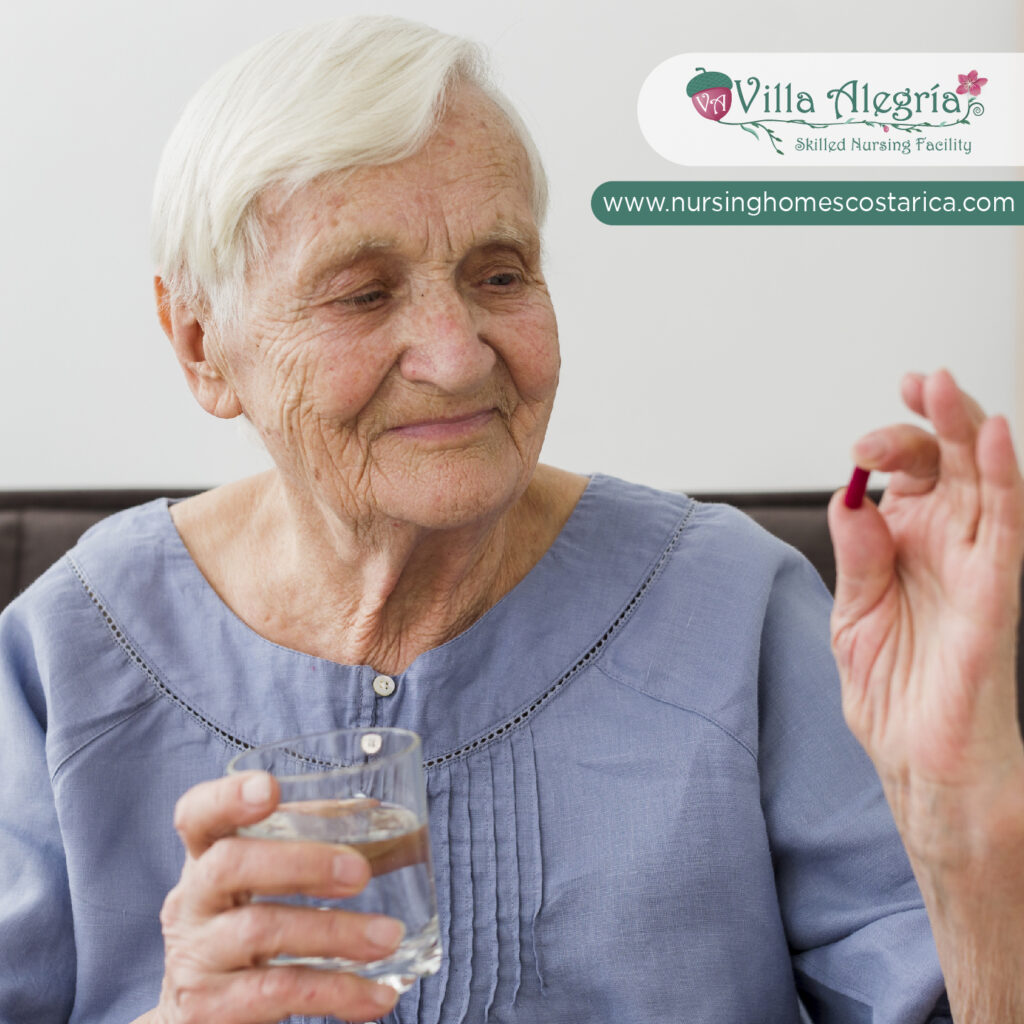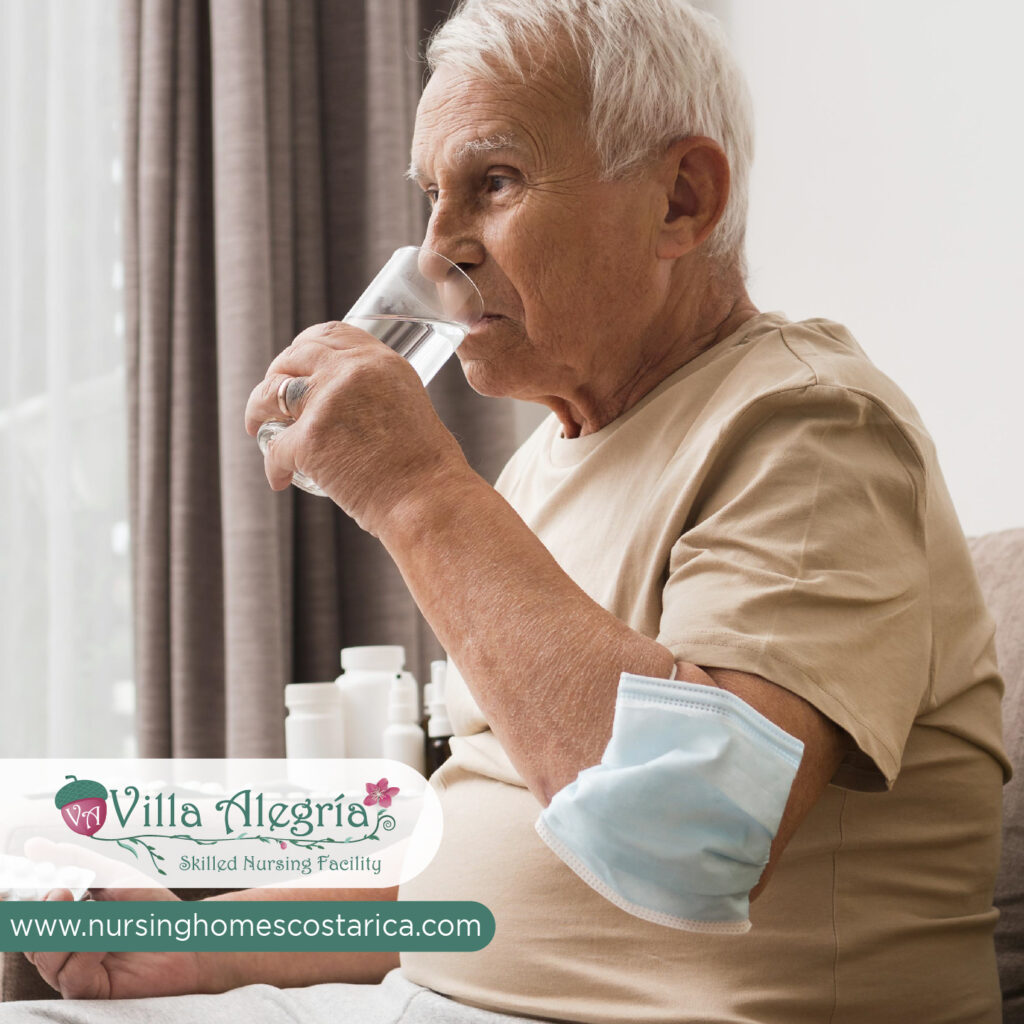Hydration in older adults
Table Of Contents

The Vital Importance: Hydration in Older Adults for Health and Well-being
Hydration is an essential element of maintaining health and well-being at all stages of life, and in older adults, its importance becomes even more crucial. In this comprehensive article, we will explore why hydration in older adults is a fundamental piece to prevent health risks and promote active, healthy aging.
Hydration: A Pillar of Health in the Elderly
As we age, the body undergoes changes that can affect how it hydrates and retains fluids. Although the feeling of thirst may decrease with age, the need for water remains imperative to maintain optimal body function.
Risks of Dehydration in Older Adults
Dehydration, a condition in which the body does not have enough fluid, is a real risk for older adults. Associated risks include:
1. Renal problems
Lack of adequate hydration can affect kidney function, increasing the risk of infections and kidney stones.
2. Cognitive Difficulties
Dehydration can affect cognitive function and concentration, leading to memory and attention problems.
3. Impact on the Skin
The skin can become drier and prone to dermatological problems due to lack of hydration.
4. Risk of Heat Stroke
Older adults are more susceptible to heat stroke due to the body’s decreased ability to regulate temperature.
5. Aggravation of Chronic Diseases
Dehydration can aggravate pre-existing medical conditions such as hypertension and diabetes.
Strategies to Stay Hydrated
1. Drink Water Regularly
Set reminders to drink water throughout the day, even if you don’t feel thirsty.
2. Include Moisturizing Foods
Fruits and vegetables with high water content, such as watermelon, cucumber and oranges, can contribute to hydration.
3. Limit Caffeine and Alcohol
Caffeine and alcohol can have diuretic effects, so their consumption should be moderate.
4. Listen to Body Signals
Pay attention to signs of thirst and light-colored urine as indicators of adequate hydration.

Conclusion: Hydration for Healthy Aging
Hydration in older adults is not a minor detail, but a fundamental pillar for health and well-being. Taking steps to stay hydrated can prevent health problems and contribute to an optimal quality of life in later life.